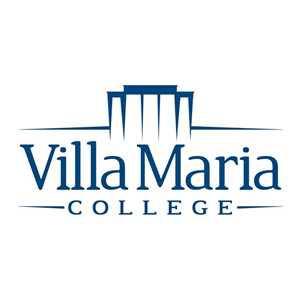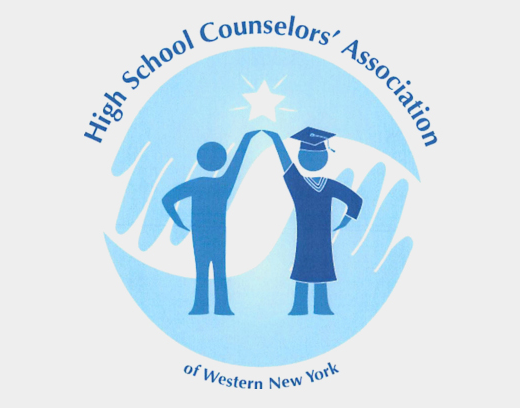Timeline for College Admissions
Here are some general guidelines to help you plan for college. Your counselor may have additional school-specific tasks to add.
Grade 8
- If you take any Regents courses, do your best because they will appear on your HS transcript that gets sent to colleges.
- Meet with your counselor about the transition to HS.
Grade 9
-
Welcome to HS! Start strong academically: every grade counts toward your Grade Point Average.
- Don't fall behind academically: HS moves faster than middle school. You'll need more self-discipline and better time management.
- Get involved in activities like sports, arts, community service, or social events to meet others with similar interests.
- Meet with your counselor to discuss plans.
Grade 10
- Take the most rigorous courses that are appropriate for you. Keep your grades up.
- Stay involved in a variety of activities.
- See if your school offers the PSAT or other testing for sophomores.
- Meet with your counselor to discuss college and career plans.
Grade 11
- Keep up your grades while taking challenging courses.
- Take the PSAT/NMSQT in October
- In December, meet with your counselor when PSAT scores arrive.
- Create a College Board account and link your scores to Khan Academy for free test prep.
- See if your school has free full-length practice tests available for SAT or ACT. Time yourself through each test and check your answers.
- Consider signing up for a test prep course.
- Register to take a spring ACT and/or SAT. Most colleges are test optional, but you need a test to have an option.
- Consider what you are looking for in a college: major? location - local or out of town? size - small, medium, large? setting- urban, suburban, rural? price?
- Plan to attend your school's college night with your parents.
- In March, plan to attend the National College Fair at the Buffalo Niagara Convention Center or online.
- Prospective college student athletes (Division 1 or 2) should register with the NCAA Eligibility Center.
- Create a resume to list your qualifications (academics, awards, athletics, activities, service, employment, etc).
- Meet with your counselor to discuss college plans. Review grades and test scores to identlfy realistic options. Plan senior course selection, choosing rigorous courses aligned with your career plans.
- Create your account on Common Application.
- Visit campuses with your parents.
- Apply for summer employment, service, camps, or pre-college programs.
- Finish strong to maximize your cumulative three-year average.
Summer
- AP scores arrive in July.
- Continue visiting campuses with your parents.
- Continue working on your Common App account and essay.
- Register to retake fall ACT and/or SAT.
- Consider taking a test prep class.
Grade 12
- Start strong academically - senior grades matter to colleges!
- Sign up for college visits in your school's counseling office.
- Attend your school's college night or financial aid night with your parents.
- Sign up for fall college fairs and campus open house events.
- Ask teachers for letters of recommendation; "invite" counselor and teachers into your Common App.
- Follow your school's procedures for requesting official transcripts.
- Update your resume; use it to facilitate completion of your college applications. Be sure to meet all deadlines.
- With your parents, submit FAFSA beginning October 1st. Submit CSS Profile if necessary.
- Create account on scholarship search sites; apply for local scholarships.
- Meet with your counselor throughout the process.
- Arrange to have your mid-year grades sent to colleges in January.
- Thank your recommenders. Show your counselor your acceptance letters.
- In the spring, attend Accepted Students Day on campuses.
- Review all acceptance and award packages with your family.
- National Candidates' Reply Date is May 1. Pay one deposit; thank other schools that accepted you.
- Formally accept your financial aid offer and complete other campus-specific aid documents.
- Finish strong academically: colleges will see your final transcript!
- Stay in touch with your college to meet their deadlines regarding: admissions, financial aid, housing, meal plans, parking, health, academic advising, athletics, and orientation.
- Congratulations and good luck in College!



